
Potato seeds that were taken to space in 2022 are cultured at the potato innovation center in Shangdu, Inner Mongolia autonomous region. (Photo by Jia Peng/For China Daily)
Seeds' in-orbit exposure hoped to have induced mutations to enhance traits
Scientists have begun the selection and cultivation process of over 60,000 potato seeds that spent five months in space, in the hope of discovering unique qualities that may improve efficiency and yield.
The seeds, delivered to the Shangdu Potato Technology Innovation Center in the Inner Mongolia autonomous region, were carried aboard the Shenzhou XVI space mission that returned to Earth on Oct 31.
"The cultivation process for these space potatoes will involve test stages in the laboratory, greenhouse and field," said Zhang Linhai, director of the Shangdu Potato Technology Innovation Center.
The region boasts an excellent potato-growing environment with high altitude, cold climate, few pests and diseases, and ample available land, said Zhang in an interview with China Daily on Tuesday.
The seeds will be germinated in a greenhouse under optimal conditions and then nurtured in pots until tubers develop. Subsequently, they will be transferred to the field for further evaluation of their various characteristics.
"About five percent of the plants will be selected for additional testing, focusing on factors such as yield and disease resistance," said Zhang.
Researchers will employ CRISPR, a precise gene-editing technology used to selectively modify the DNA of living organisms, to cultivate potato varieties with enhanced traits like high disease resistance and salt-alkali tolerance, said Zhang.
"The space environment has the potential to induce genetic mutations in plant seeds, leading to desirable traits such as early maturity, high quality, high yield and disease resistance," Hu Baigeng, director of the National Engineering Research Center for Potato, said on Monday.
The center is based in Laoling, Shandong province, where the seeds were collected before being sent into space.
This breeding technique, known as space-induced mutation breeding or space mutagenesis, involves exposing seeds to strong cosmic rays, as well as other conditions such as vacuums, microgravity and low levels of geomagnetic interference.
China has been conducting space breeding experiments since 1987, sending the seeds of various plant species into space on retrievable satellites and Shenzhou spaceships. Space crops, including rice, wheat and tomatoes, have been successfully cultivated across the country.











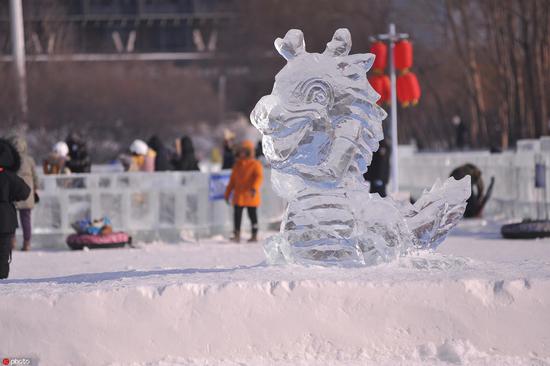
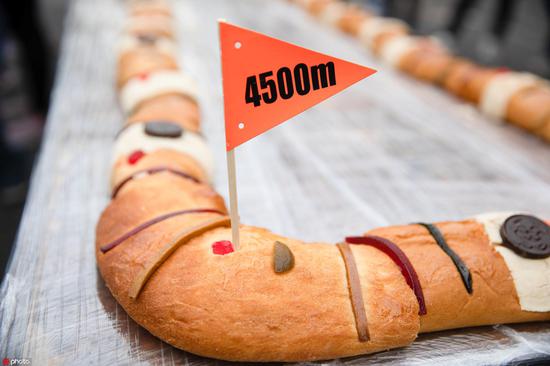

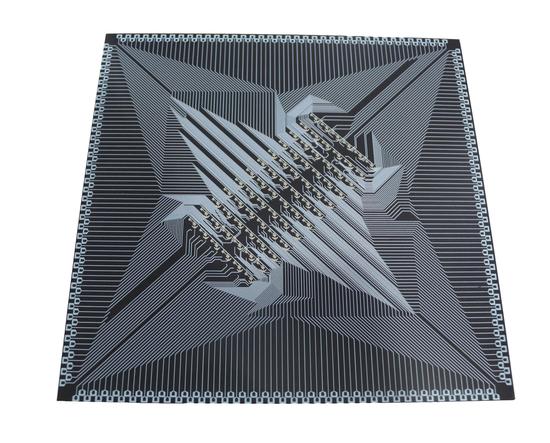
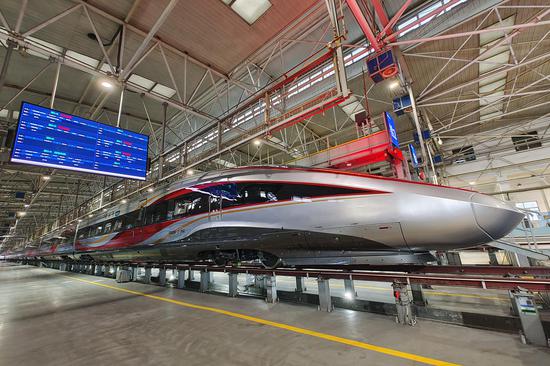
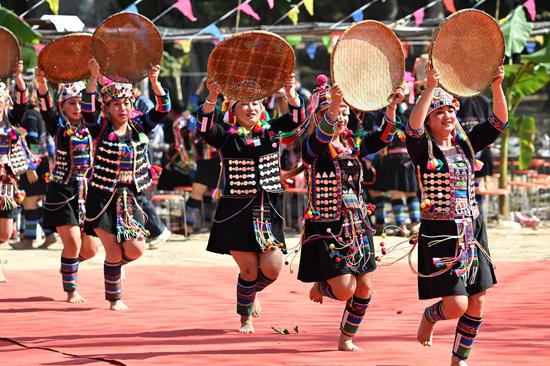


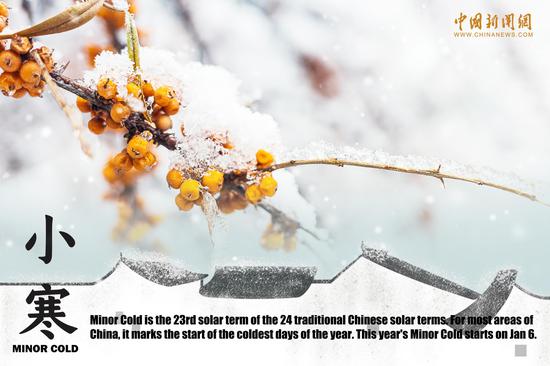

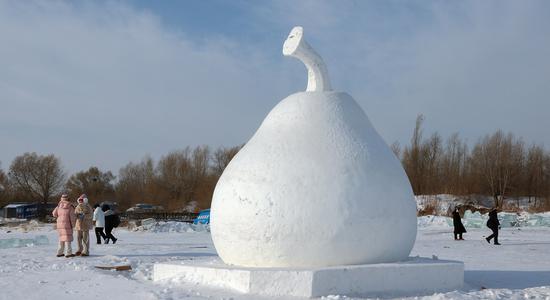



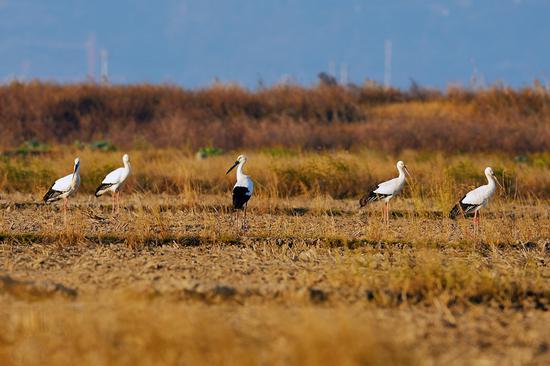
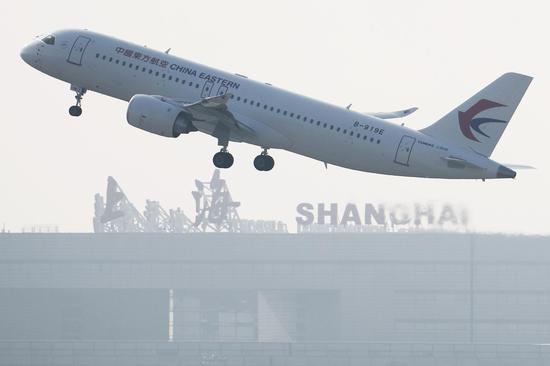

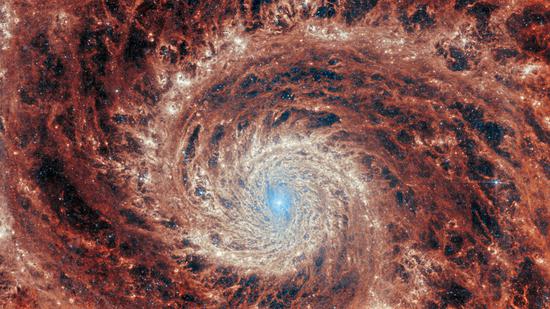


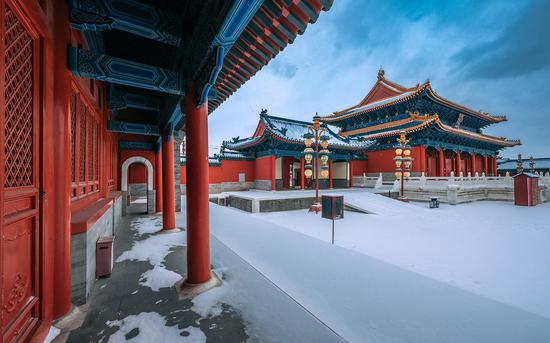
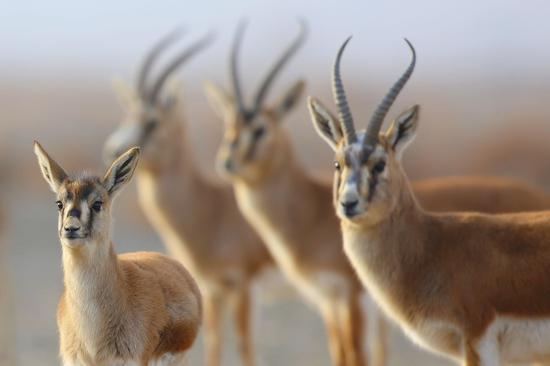
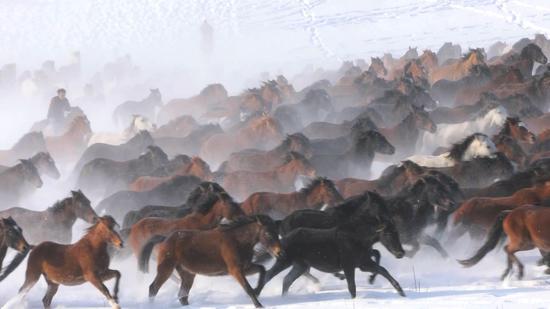
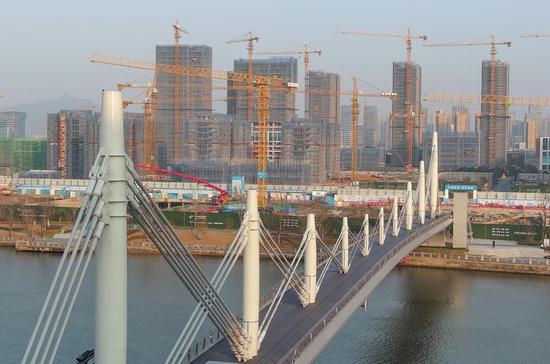
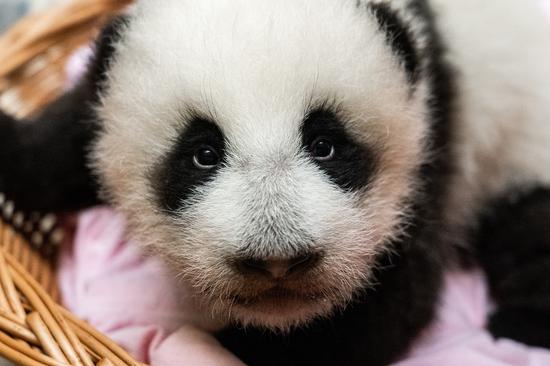
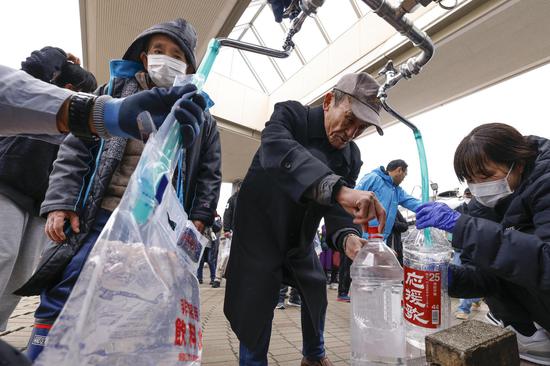




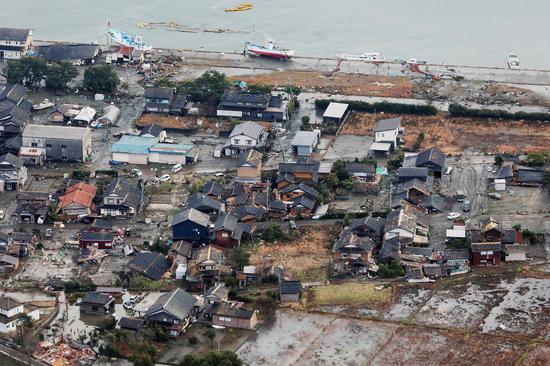
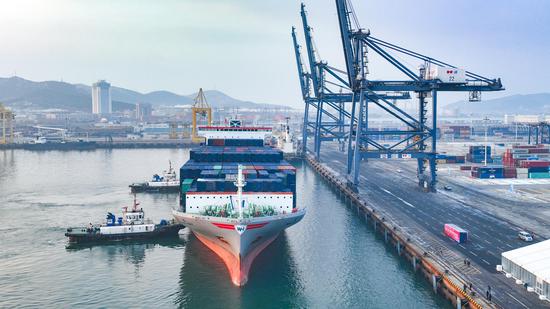







 京公网安备 11010202009201号
京公网安备 11010202009201号